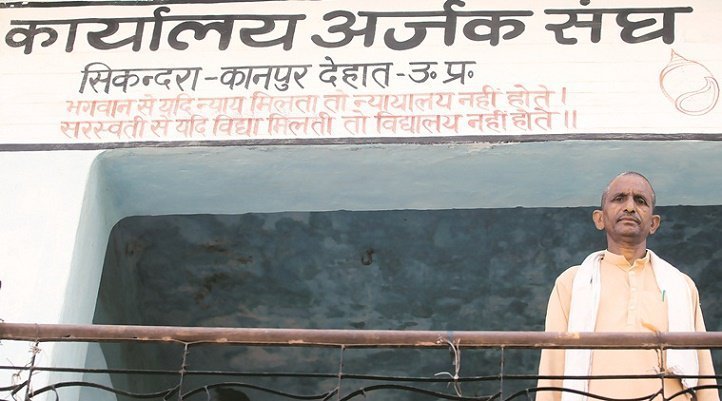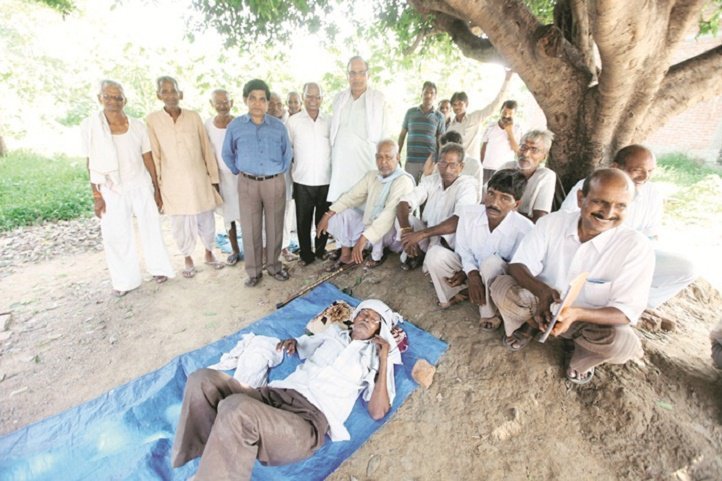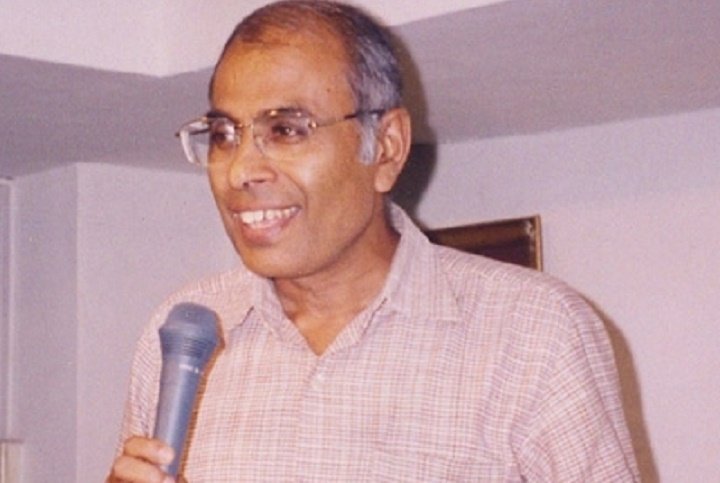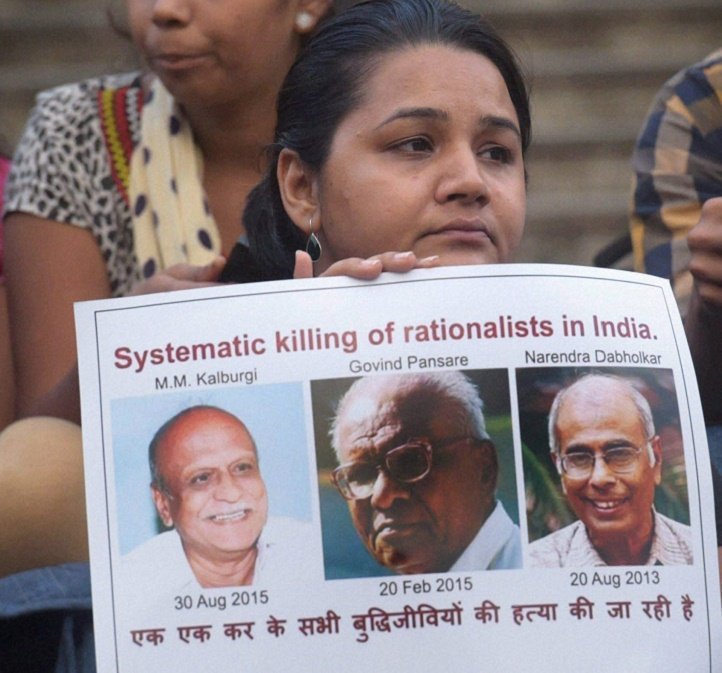India is a nation where religion and faith play one of the most decisive roles in social, political and cultural matters of the people. But, there are many who do not endorse affiliation to any religion nor do they validate the existence of a supernatural power (read God). In the recently released Census 2011, over 28 lakh people said that they followed none of the six religions listed in Census form.
In the rural Kanpur Dehat district of Uttar Pradesh, there exists Arjak Sangh, a humanist organisation which practises atheism and rationalism while being staunch critics of casteism especially Brahmanism . All the members of the organisation are avowed atheists who proudly declare their existence in an ‘aware’ society.

The office of the Arjak Sangh in Kanpur Dehat. | Source: Indian Express
In Uttar Pradesh there are thousands of followers of Arjak Sangh spread across rural and urban areas of Kanpur, Basti, Faizabad, Pratapgarh, Varanasi and in neighbouring states of Bihar and Jharkhand.
The organisation was founded by a prominent humanist and rationalist, Ramswaroop Verma, (1923-98) who had worked tirelessly against casteism and social inequality all his life. Thus the members of the organisation swear by the 32-page handbook written by him. He was also the finance minister of Uttar Pradesh in 1967.
The word ‘Arjak’ translates to a community engaged in physical labour, and hence, those born Brahmin or in other ‘upper castes’ are not allowed to become members.

“I would reason that no evidence, in terms of the tools of Ram’s times, has been found [to support his existence], but they would not listen,” said Suresh Babu Katiyar, a 66 year member who was a former college teacher as reported in the exclusive report by Indian Express.
Another member named Vishram Swaroop Katiyar openly admits that the Indian Constitution is the only religion he follows. Instead of ‘religious’ festivals like Diwali or Dusshera, the organisation celebrates Republic Day on January 26, Chetna Diwas on Dr Ambedkar’s birth anniversary on April 14, Science Day on November 1 (Maharaj Singh’s birthday). The marriages are devoid of any religious rituals and customs with just an oath and a sign on paper with four people as witnesses.
One of the major reasons which fueled the concept of atheism and agnosticism in India has been casteism.
“Hindu scriptures, like those of other religions, are said to be god’s will; it is god’s will that you’re born into a low caste because of your deeds, and that Brahmins are at the top of the social order. You cannot dare revolt against god, so Brahmins continue to enact suppression of ‘lower castes’ through society and government,” he says, terming Ramayana as “Brahmin mahima (Brahmin praise),” Sitaram Katiyar, district president of Arjak Sangh told the Indian Express .
Sitaram, along with 80 people went to jail when founder Ramswaroop Verma burnt copies of the Ramayana in Dayanakpur village, in 1978.

The members of the organisation have been propagating their ideology with street plays, newspapers and conventions. They claim they garnered substantial support from many quarters including children who now come up with uncomfortable questions regarding religion. But many, according to the members, are still closet atheists and agnostics who do not openly endorse their ideology fearing backlash from the society.
The concept of atheism or agnosticism is not new to India. There have been many rationalists and social activists who have openly spoken against religion and caste system. From social reformers like Periyar and Baba Amte to numerous artists and writers like Amartya Sen, Khushwant Singh and Kamal Hassan, all have openly endorsed their atheistic affiliations.
All of them have therefore also received brickbats, criticisms and attacks from the majoritarian religious societal pressures of India. The brutal attacks on renowned rationalist and anti superstition activist Dr Narendra Dhabolkar and legendary Kannada writer MM Kalburgi which led to their deaths are some examples of religion’s extreme negative hold in India.

Our Constitution empowers its citizens the right to practise religion and faith. Shouldn’t there be a right to practise no faith at all?
Meanwhile, a slogan on the wall outside Arjak Sangh’s office reads, “ Bhagwan se yadi nyay milta toh nyayalay nahi hote; Saraswati se yadi vidya milti toh vidyalaya nahi hote” which means if god was just, there would be no need for courts; if goddess Saraswati gave education, there would be no need for schools.
(Photo and story courtesy: The Indian Express)

















